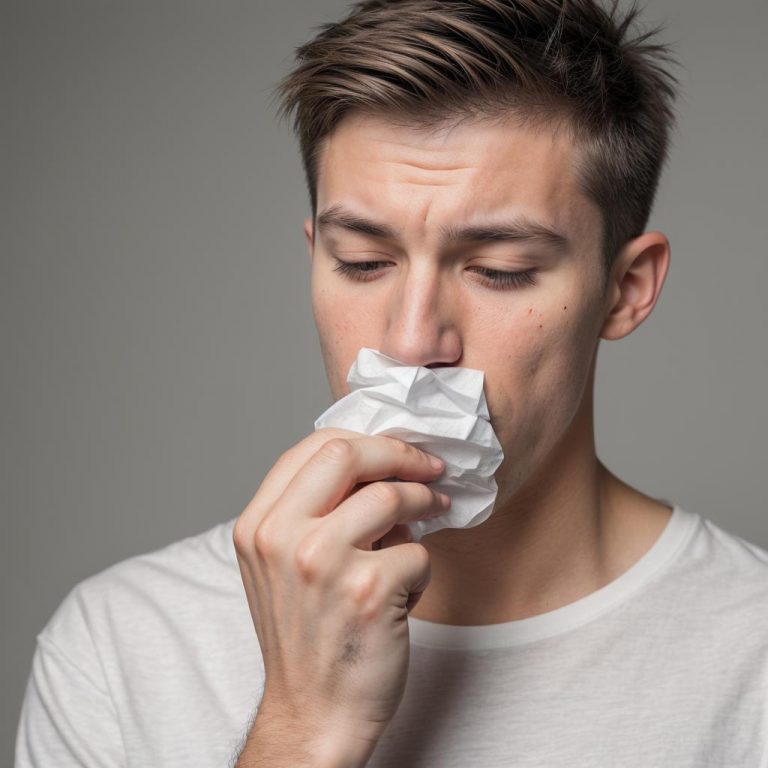
Living in Houston, Texas, often means enjoying warm weather and sunny days.
However, for many residents, it also means dealing with allergies. Houston is notorious for its high allergy count, which can significantly affect the quality of life for those prone to allergic reactions. In this article, we delve into the factors contributing to Houston’s allergy count and explore ways to mitigate its impact.

Understanding houston’s allergy count
Houston’s allergy count is influenced by various environmental factors. Pollen, mold spores, and air pollution are among the primary culprits triggering allergic reactions in residents. The city’s humid subtropical climate provides an ideal environment for the proliferation of allergens, exacerbating the situation for allergy sufferers.
Pollen
Pollen is a major contributor to allergies in Houston. The city’s diverse plant life ensures a continuous release of pollen throughout the year. Spring brings high levels of tree pollen, while summer sees an increase in grass pollen. Ragweed pollen peaks in the fall, extending the allergy season for many individuals. These pollen grains are easily dispersed by the wind, making it challenging for allergy sufferers to avoid exposure.
Mold spores
Mold spores thrive in Houston’s humid climate, especially after periods of rain or flooding. Indoor environments, such as homes and workplaces, can also harbor mold growth, further increasing exposure levels. Mold allergy symptoms can range from mild to severe and may include sneezing, congestion, and respiratory issues.
Air pollution
Houston’s status as a major industrial and transportation hub contributes to poor air quality, which can worsen allergy symptoms. Vehicle emissions, industrial pollutants, and ozone levels can irritate the respiratory system and exacerbate allergic reactions. Certain pollutants may also interact with pollen, forming allergenic compounds that are more potent and harmful to health.
Impact on health and well-being
The high allergy count in Houston can have significant implications for public health and well-being. Allergy symptoms, such as sneezing, itching, and congestion, can disrupt daily activities and impair productivity. Severe allergies may lead to asthma attacks or other respiratory complications, necessitating medical intervention.
Managing allergies in houston
While it may be impossible to completely avoid allergens in Houston, several strategies can help manage allergy symptoms:
Monitor pollen counts:
Stay informed about daily pollen forecasts and plan outdoor activities accordingly. Limit outdoor exposure during peak pollen hours, usually in the early morning and evening.
Use air purifiers:
Invest in high-efficiency particulate air (HEPA) filters to remove allergens from indoor air. Regularly clean and maintain air purifiers to ensure optimal performance.
Maintain indoor air quality:
Keep indoor spaces clean and well-ventilated to prevent mold growth. Use dehumidifiers to reduce humidity levels, especially in areas prone to moisture accumulation.
Practice allergy-proofing:
Take steps to minimize allergen exposure at home, such as using allergen-proof pillowcases and mattress covers. Wash bedding frequently in hot water to remove allergens.
Seek medical treatment:
Consult an allergist for personalized treatment options, including allergy testing, medications, and immunotherapy. Follow prescribed treatment plans to effectively manage allergy symptoms.
Houston’s allergy count poses a significant challenge for residents, but understanding the contributing factors and implementing effective management strategies can help alleviate symptoms and improve quality of life. By staying informed, practicing allergen avoidance techniques, and seeking appropriate medical care, individuals can better cope with allergies and enjoy all that Houston has to offer.



